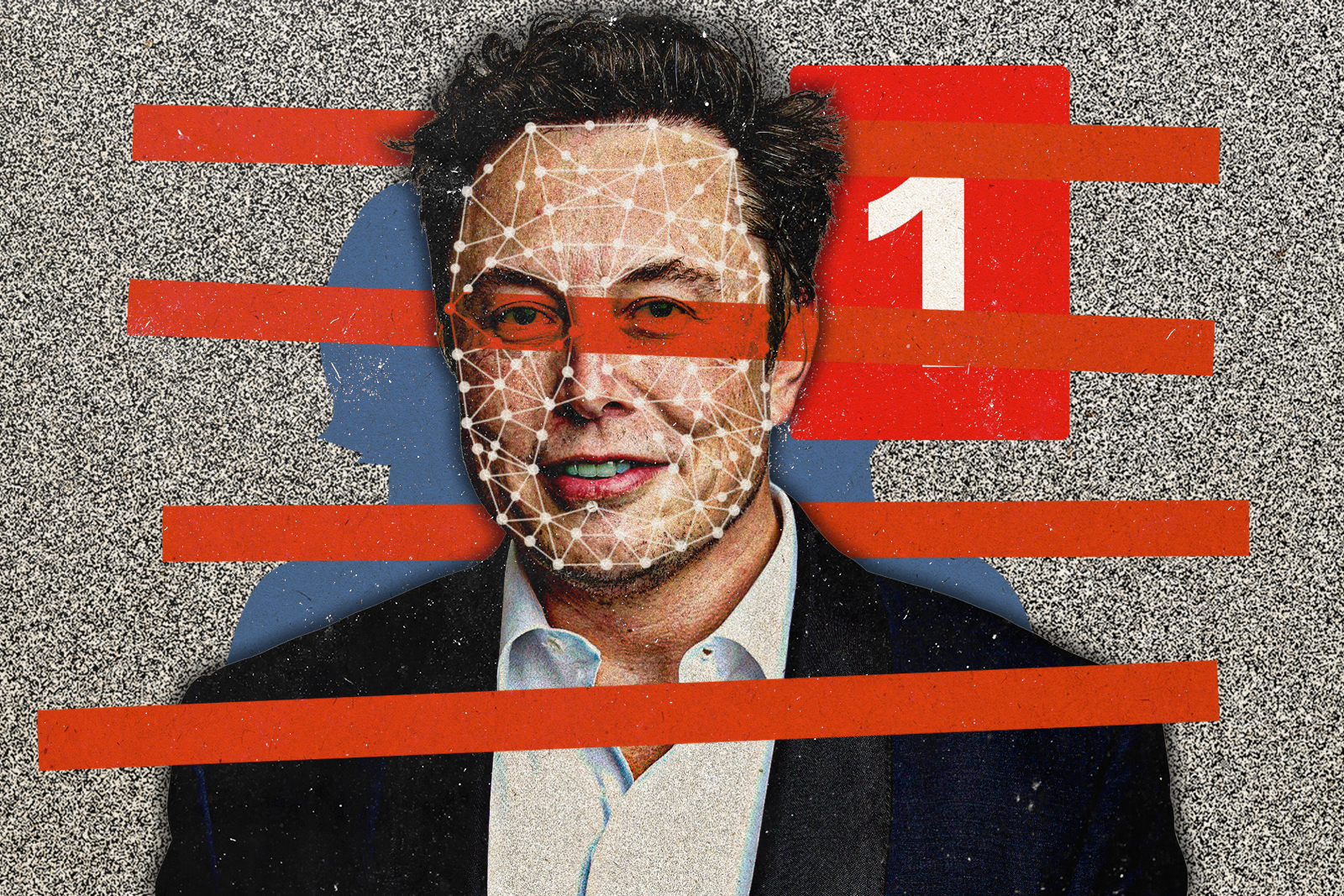
Tech
Technology is a Useful Servant but a Dangerous Master
At the end of the 20th century, we collectively merged onto the information superhighway, a massive, sprawling communication network that became the Internet; it would revolutionize communication, business, commerce, and almost everything in our lives. However, there were unexpected consequences—the Internet makes it disturbingly easy to hire a hitman, commit identity theft, stalk former flings, and buy cocaine on the dark web.
We unleashed social media on the world in 1997 with the launch of SixDegrees.com. Fast forward a few years with the launch of Facebook and Myspace, and everyone we knew could suddenly follow every facet of our lives. Our pictures, vacations, thoughts, hopes, dreams, most significant moments—all of it was available online. Our world shrank even smaller. Social media allows us to connect with world leaders, celebrities, and each other in seconds. We reunited with classmates, connected with future employers, met our future spouses, and made our voices heard on all matters, great and small.
Simultaneously, however, we unlocked nearly unlimited access to our private lives and gave unsavory characters the freedom to commit acts making us fear for our loved ones’ every time they log in. It’s a lesson we can never seem to learn. With our digital wonders—every new, brilliant jewel we uncover—comes a dark side that can corrupt just as quickly as it can impress. We are so determined to be the first to the market, the first to the press tour, and the first to strut our stuff on stage at an investors’ showcase that we can’t seem to even consider for two seconds the potential consequences of our great haste.
Now, our great work is the wholly remarkable behemoth known as artificial intelligence (AI). A few years ago, most people only knew it by several of its more straightforward but impressive forms, like machine learning (ML), which could parse massive data sets and spot patterns with rapid-fire accuracy. The likes of Amazon used machine learning in its e-commerce algorithms to alert us that since we’d bought a panoramic-view painting of the Pacific Ocean, we’d be foolish not to add a pair of flip-flops perfect for the beach next time we’re in Malibu. It also enabled us to recognize and imitate the human voice, leading to the first wave of chatbots and digital customer service bots helpfully asking us repeatedly if we’d like to go ahead and pay our bill now. Concurrently, we repeatedly mashed the “0” key on our iPhones and screamed for an operator.
The next revolution
What’s been happening since late 2022 is something entirely new, revolutionary, visionary, and, yes, dangerous. In what felt like a blink of an eye to the general public, suddenly AI is everywhere, doing everything, and starting to imitate our best and brightest aptitudes in its ability to tell stories, hold conversations, imitate voices, create photorealistic images, synergize video, and more.
It started as a clever parlor trick: We asked ChatGPT to write lyrics to a rap song about our least favorite high school teacher or requested Bing’s image generator to create photorealistic images of a beagle in a leather jacket riding a motorcycle. Eventually, we started harnessing AI for real value, requesting text generators to help us draft a marketing proposal for a new ad campaign or using Canva AI generator to create 50 possible logo designs for our new work-from-home website design business.
Then came the disturbing reports, like how someone tricked ChatGPT into teaching him how to formulate napalm in his kitchen. Or how thousands were using uncensored AI image generators to create pornographic images of every possible combination of people and scenarios imaginable. Things got even murkier when Marvel Studios revealed it had opted to use AI to create the opening titles of its Disney+ series Secret Invasion instead of hiring human artists to do it.
One minute, we’re creating a silly image of a porcupine ordering a Mocha Frappuccino from Starbucks; the next, we’re watching a hauntingly real video of President Joe Biden declaring his intention to reinstate the draft for mandatory military service.
What must change
With every digital disruptive technology, we’ve experienced over the past 20 years, we’ve fallen into the same failed pattern of releasing it, realizing the damage it’s capable of, and then trying to shoehorn in a legislative framework to contain it way too late in the game. If we allow that to happen with AI, the potential for damage, danger, and destructive power will make the harmful effects of social media and the Internet itself pale in comparison. We’ve already witnessed criminals using AI to fool family members into believing a relative has been kidnapped, a Malaysian political aide appearing to have sex in a deepfake video with a cabinet member, and entire message boards dedicated to using AI algorithms to crack passwords.
We need new laws effective immediately that put strong boundaries in place for privacy, copyrighted materials, and discrimination protection. Still, the effort has to go beyond that. AI grows and changes like a virus; the form it had two years ago or even just six months ago is nothing like its current shape and a far cry from what it will look like by the end of the year.
Implementing laws not only sets a national precedent on this disruptive technology but also puts the U.S. in a position to be a global frontrunner in dictating how policy and procedure will address these sensitive issues on a global landscape while protecting innovation.
There’s no time for hesitation or reason to take a wait-and-see approach. Though AI can be a valuable tool in the future, it is a terrible weapon for countless enemies if not harnessed and controlled.

